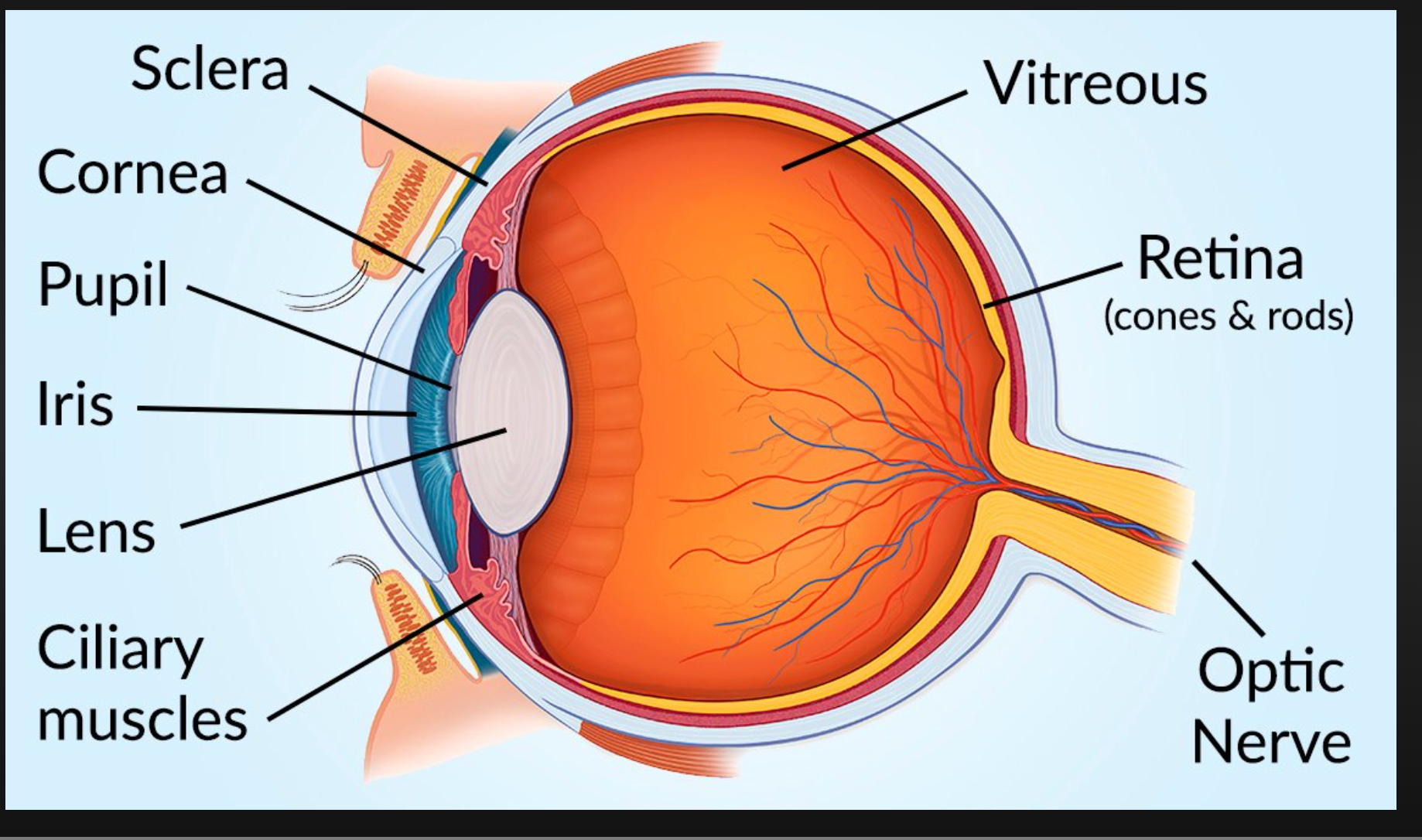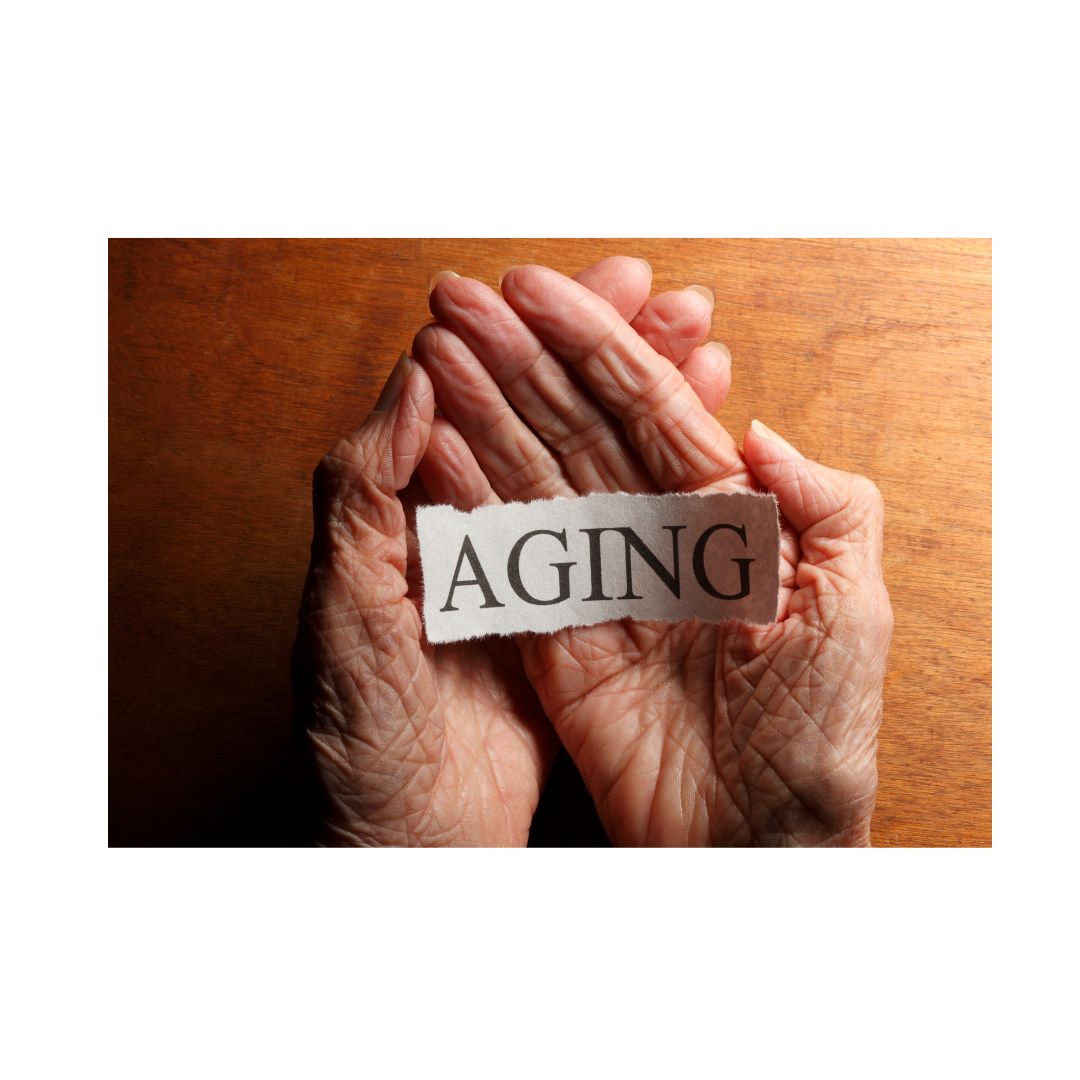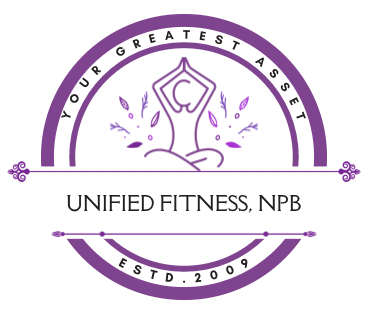Self-Care This New-Year
January and February are optimal times to reflect on the prior year and set intentions for the new year. Creating a self-care plan for the new year is an excellent way to take charge of your health and encourage family members to do the same.
According to the substance abuse mental health services administration, there are eight areas in that you can take action to improve or preserve your health. Each aspect of your health such as emotional, intellectual, environmental, physical, spiritual, financial, occupational, and social all contribute to your overall well-being.
- Emotional wellness helps us control feelings and behaviors. Participating in recreation and leisure activities helps us manage our emotions. Spending leisure time listening to music, reading petting your dog enjoying your favorite food, or just meditating all impact your emotions.
- Maintain or improve your intellectual wellness by Reading regularly, solving crossword puzzles playing a musical instrument, or learning a new skill or language.
- Connect the environment to your Health. Breathe the fresh air, take walks in a safe place to connect with nature, or plant a garden to help maintain your environmental wellness. Physical wellness is affected by physical activity, nutrition, and sleep. The American College of Science and Medicine (ACSM) recommends 150 minutes of moderate activity or 75 minutes of intense activity each week for overall health and well-being. Physical activity can include yoga, bike riding, running, walking, jogging, dancing, tennis, jumping rope, engaging in sports, and gardening. Focus on improving your eating habits and limiting the use of alcohol and cigarettes. Aligning your spirit with your higher power is a great way to stay rooted in your meaning and purpose for life.
- Financial wellness allows you a sense of comfort in your finances and the ability to live comfortably, enjoy life, and take care of your health. Consider creating a budget, or reviewing it periodically to limit unnecessary expenses, and possibly take a vacation.
- Occupational wellness supports having meaningful, enjoyable work while striving for work-life balance. Many people perform jobs they don’t like for monetary reasons, obligations, or because it’s a noteworthy profession. Often many people have no purpose or passion for their profession. When it’s not possible to change your occupation consider balancing it with personal activities that give you purpose.
- Social wellness gives us a sense of belonging to a group or community. Choose carefully when selecting groups, communities, or friends to share in your life. Many times, we attach to people, groups, or other forms of social communication to fill an internal need, yet they are not in our best interest. Make new acquaintances and explore options for those people you might want to spend time with.
Work to keep your self-care plan simple. Begin slowly with any change you want to incorporate into your life. Reflect on the changes in your life to ensure they line up with your needs and wellness goals. Each aspect of your health such as emotional, intellectual, environmental, physical, spiritual, financial, occupational, and social all contribute to your overall well-being. Essentially all these aspects affect the whole of you.










